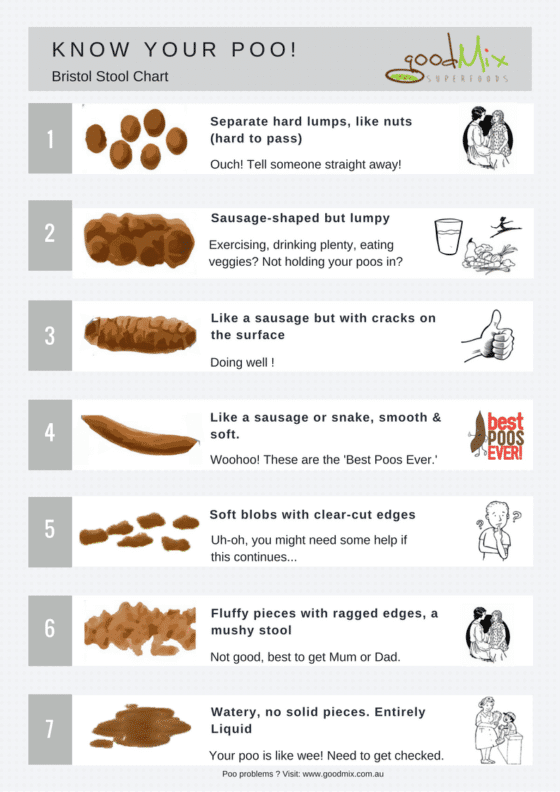CONSTIPATION
MIND/BODY CONNECTION
• Refusing to release old ideas; stuck in the past; sometimes stinginess. (Hay, 1988, p. 26)
• Suppression of emotions. (Harrison, p. 77)
• Mental constipation and inflexibility. (Harrison, p. 136)
• Ever since Freud, psychoanalysis has been interpreting defecation as an act of giving and generosity. Constipation is an expression of a desire to hang onto things, and touches on the problem of avarice. It shows that we are hanging on too tightly to material things and are unable to let go on the physical level. It represents an attempt to keep unconscious, repressed contents locked up within ourselves. (Dethlefsen, p. 136)
DEFINITION:
Constipation is difficult or infrequent bowel movements. Depending on the patient and situation, constipation can also be described as difficult stool passage requiring straining, small and/or hard stools, infrequent defecation, or a feeling of incomplete defecation. The degree of infrequency which defines constipation is subject to varied medical opinion. Most naturopathic physicians and other holistic physicians say healthy elimination is “at least” one time per day.
OVER 20 SIGNS AND SYMPTOMS OF CONSTIPATION
• infrequent and/or painful defecation
• small, hard stools
• feeling of incomplete stool passage
• straining at stool
• bloating, flatulence
• halitosis
• full tongue, broad, dry and thick
• headaches
• abdominal cramping
• fatigue
• skin problems (e.g., acne vulgaris)
• decreased appetite
• anxiety over poor bowel function
• frequent use of laxatives
• distended abdomen
• abdomen tender to palpation
• feces palpable in colon
• decreased (or increased) bowel sounds
• melanosis coli (psychogenic constipation)
• ampulla full of soft feces
• nontender abdomen (atonic constipation)
• anorectal pathology: e.g., fissures



